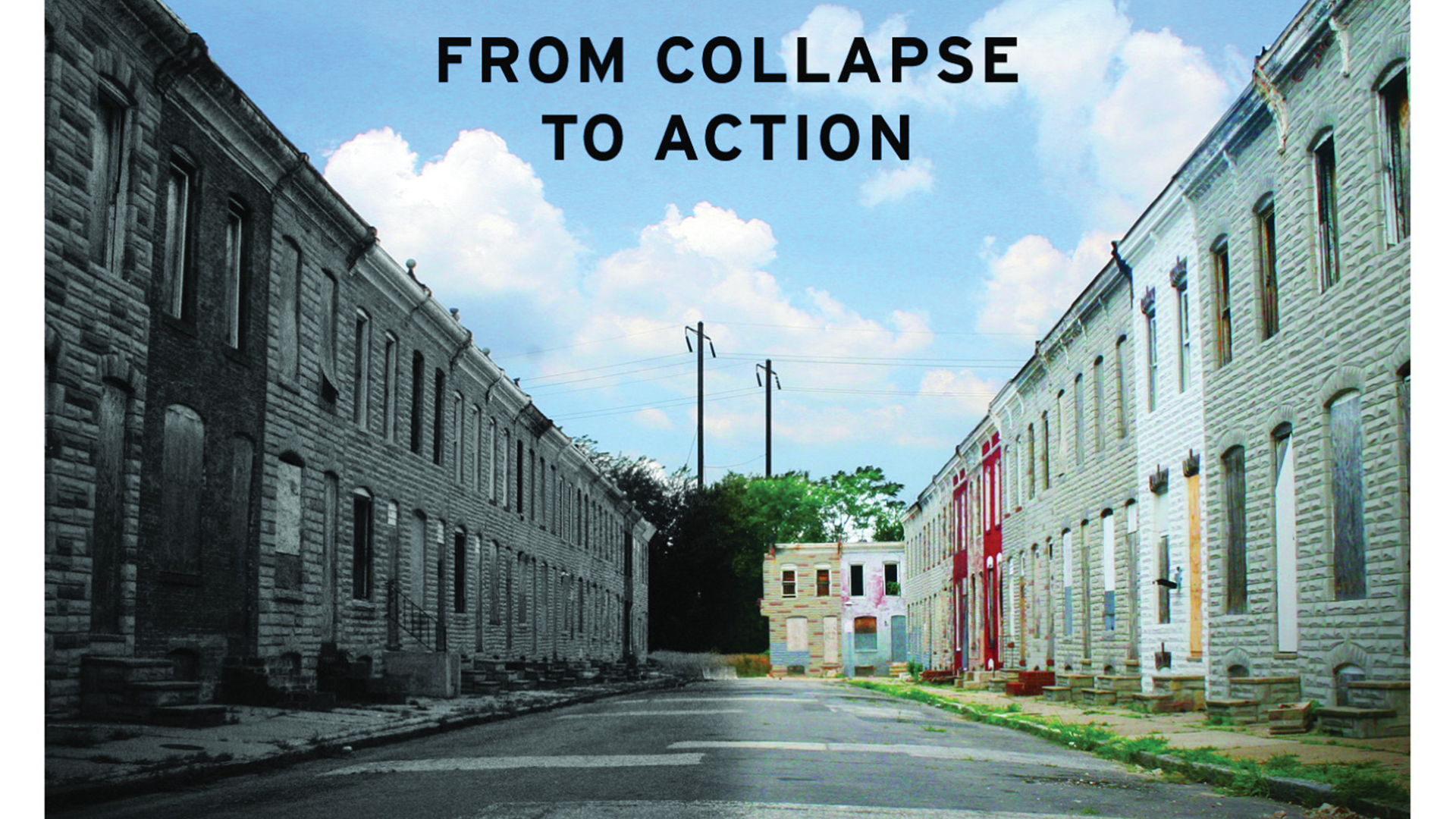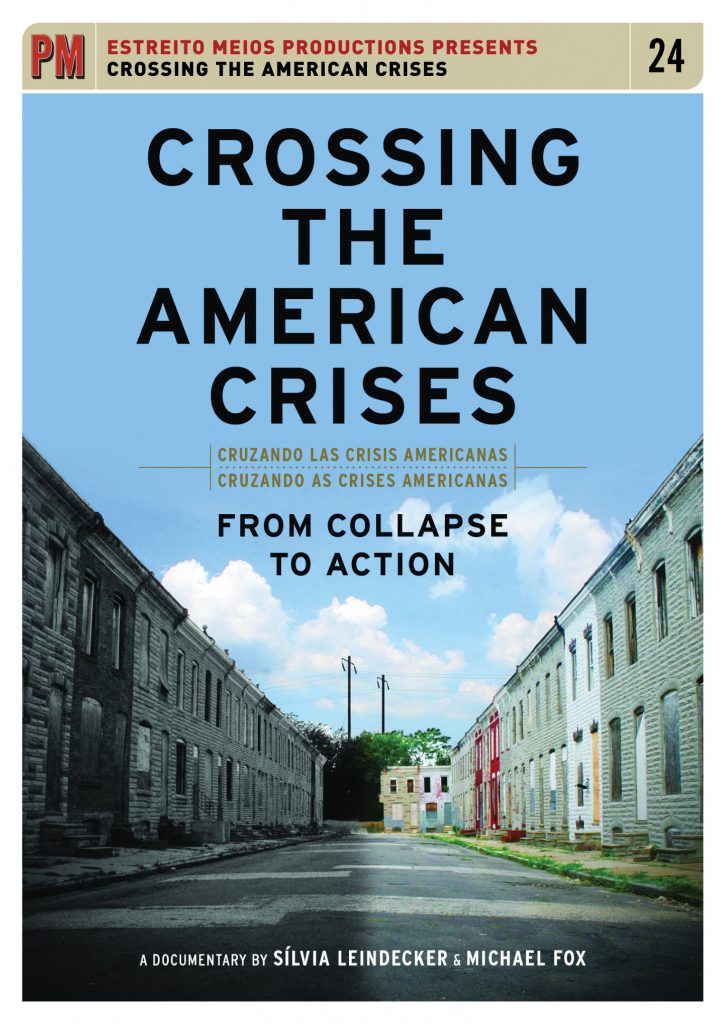By Greg Rosenthal
The Liberal Ohioan
April 2011
It took just five years for a social movement to develop in the face of the Great Depression of the 1930s in what has been described as the Great Revolt from Below of 1934 because of the massive strikes and social protest that created modern industrial unionism and the public social system packaged in the New Deal.
Almost four years have passed since the onset of Great Financial Crisis and public outrage and resistance has already begun. Most recently, we have seen the attack on the public sector in Ohio and Wisconsin (often confused with a narrow attack on union bargaining rights) where the entirety of the public social system gained during the 1930s is in danger; but not without a fight that speaks to all sectors of the population.
According to Naomi Klein, the ideological underpinnings for ramming through austerity measures, budget cuts, and attacks on the public sector and workers rights comes from a simple dictum by free-market ideologue and economist Milton Friedman, lead architect of what Klein calls, “disaster capitalism.”
Friedman once said, “Only a crisis produces real change. When that crisis occurs, the actions that are taken depend on the ideas that are lying around.” The ideas ‘lying around’ happen to be state-socialism (bailouts) for banks, financial firms and multi-national corporations, while everyone else is subject to the grind of free-market capitalism’s chaos in a race to the bottom.
As evidenced in the social movements of the 1930s and a new documentary following the economic crisis, Crossing the American Crises: From Collapse to Action, crisis may also serve as an opportunity for the acceleration of resistance, social movements and alternative forms of economic relationships based around human rights values. Of equal importance is the consideration that people have been both in crisis and organizing for social change well before the the Great Financial Crisis, which filmmakers Silvia Leindecker and Michael Fox make sure to not overlook through the myriad of interviews they conduct with grassroots organizations across the U.S.
In contrast to other recent documentary films capturing the effects of the economic crisis, such as Capitalism: A Love Story or American Casino, Leindecker and Fox give us a front row seat to not simply to the voices of hardship prompted by the economic crisis, but also the many movements that exists in the midst of such devastation. When weaved together into such a film, one finds hope in the shared narrative of a growing Social Movement.
Literally crossing the United States in their car, we meet inspiration from human rights organizations like the United Workers in Baltimore, the Poverty Initiative in NYC, the Vermont Workers Center, the Ella Baker Center for Human Rights in Oakland, Detroit Summer; housing activist in D.C; green worker-run cooperatives in NYC; IVAW (Iraq Veterans Against the War) nationally; education activist, youth advocates and Freedom Schoolers in New Orleans.
If you thought it would be tough to capture the scope of the greatest economic crisis since the 1930’s AND resistance into one film . . . well you would be right. But you cannot get much closer to connecting all the dots in just ninety minutes as Crossing the American Crisis.
The filmmakers close with a clear call to action: To hear the pain of the millions suffering under an unjust economic system, and to be inspired to action through the examples of ourselves and our neighbors, organizing for social and economic justice into what could be a collective human rights social movement, capable of transforming the current power relations to extend human dignity for all.
Greg is currently a Leadership Organizer with the United Workers in Maryland, a human rights campaign and education consultant for organizations such as IVAW and the Civilian-Soldier Alliance and Grad Student in Intercultural Communication at UMBC. He can be reached at [email protected].







